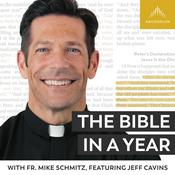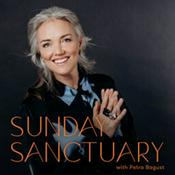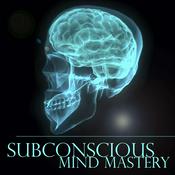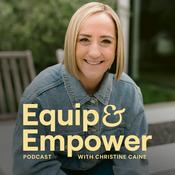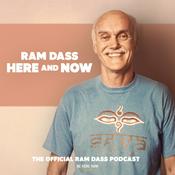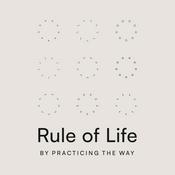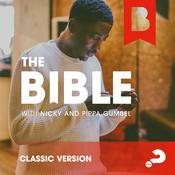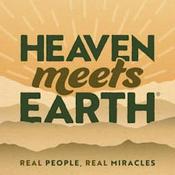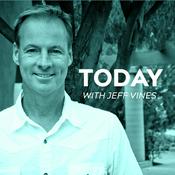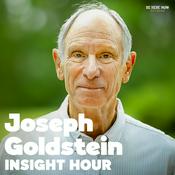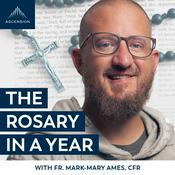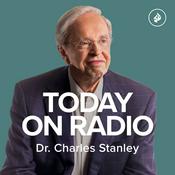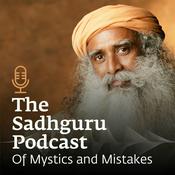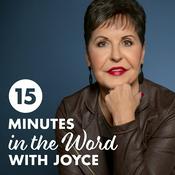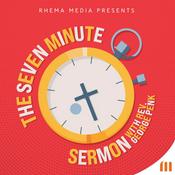254 episodes
- Dear friends,
Church division dishonours our Lord and creates great pain amongst his people. Sadly, it is all too frequent in our experience. But what is the nature of church unity, and what level of priority should we give to it? Clarity of thought and expression is very important when painful disagreements are being addressed; this is particularly true when we discuss the nature of unity and the church.
In Corinth was the disunited church of God. This is the issue that Paul discusses in his first letter to the Corinthians. However, we must remember that he not only addresses the particular situation of the Corinthian church, but also “all those who in every place call upon the name of the Lord Jesus Christ.”
Yours,
Phillip
Links & Recommendations
For more on this topic, listen to this talk…
Freely available, supported by generosity.
If you enjoy Two Ways News, why not lend us a hand? Consider joining our Supporters Club—friends who make it possible for us to keep producing this article/podcast.
To join the Supporters Club, follow the link to the ‘subscribe’ page. You’ll see that there’s:
* a number of ‘paid options’. To join the Supporters Club take out one of the paid ‘subscription plans’ and know we are deeply grateful for your support!
* also the free option (on the far right hand side)
This is a public episode. If you'd like to discuss this with other subscribers or get access to bonus episodes, visit www.twoways.news/subscribe - Dear friends,
Today we start our year’s work by looking at the opening of 1 Corinthians. It’s such an exciting letter covering so many topics that we look forward to God using this podcast to challenge us all.
Yours,
Phillip
Freely available, supported by generosity.
If you enjoy Two Ways News, why not lend us a hand? Consider joining our Supporters Club—friends who make it possible for us to keep producing this article/podcast.
To join the Supporters Club, follow the link to the ‘subscribe’ page. You’ll see that there’s:
* a number of ‘paid options’. To join the Supporters Club take out one of the paid ‘subscription plans’ and know we are deeply grateful for your support!
* also the free option (on the far right hand side)
This is a public episode. If you'd like to discuss this with other subscribers or get access to bonus episodes, visit www.twoways.news/subscribe - Dear friends,
Before we start our 2026 Two Ways News series on 1 Corinthians, we need to have an important discussion on Bondi and antisemitism. This is something that neither of us imagined would happen. Not all our listeners will agree with our views, but we hope the thinking and discussion is helpful grist to the mill.
Yours,
Phillip
Freely available, supported by generosity.
If you enjoy Two Ways News, why not lend us a hand? Consider joining our Supporters Club—friends who make it possible for us to keep producing this article/podcast.
To join the Supporters Club, click this link to the ‘subscribe’ page. You’ll see that there’s:
* a number of ‘paid options’. To join the Supporters Club take out one of the paid ‘subscription plans’ and know we are deeply grateful for your support!
* also the free option (on the far right hand side)
This is a public episode. If you'd like to discuss this with other subscribers or get access to bonus episodes, visit www.twoways.news/subscribe - Dear friends,
The climax of Paul’s great Athenian sermon is the call of God for all people to repent. But there are some strange elements in this call. One important element is its timing. Another is in the judgement “by a man”. Let’s listen afresh to Paul’s great gospel statement.
Yours,
Phillip
Freely available, supported by generosity.
If you enjoy Two Ways News, why not lend us a hand? Consider joining our Supporters Club—friends who make it possible for us to keep producing this article/podcast.
To join the Supporters Club, follow the link to the ‘subscribe’ page. You’ll see that there’s:
* a number of ‘paid options’. To join the Supporters Club take out one of the paid ‘subscription plans’ and know we are deeply grateful for your support!
* also the free option (on the far right hand side)
This is a public episode. If you'd like to discuss this with other subscribers or get access to bonus episodes, visit www.twoways.news/subscribe - Dear friends,
Fathers are so important in life, even in this anti-patriarchal age. For fatherhood is derived from God the Father. He is the provider and protector of us all, who knows our needs before we even ask. He is not far from us, and he is open to our prayers.
This is an important point in Paul’s logic as he attacks the inconsistency and incoherence of Athenian idolatry.
Yours,
Phillip
Freely available, supported by generosity.
If you enjoy Two Ways News, why not lend us a hand? Consider joining our Supporters Club—friends who make it possible for us to keep producing this article/podcast.
To join the Supporters Club, follow the link to the ‘subscribe’ page. You’ll see that there’s:
* a number of ‘paid options’. To join the Supporters Club take out one of the paid ‘subscription plans’ and know we are deeply grateful for your support!
* also the free option (on the far right hand side)
This is a public episode. If you'd like to discuss this with other subscribers or get access to bonus episodes, visit www.twoways.news/subscribe
More Religion & Spirituality podcasts
Trending Religion & Spirituality podcasts
About Two Ways News
Gospel thinking for today, with Phillip and Peter Jensen. www.twoways.news
Podcast websiteListen to Two Ways News, The Bible in a Year (with Fr. Mike Schmitz) and many other podcasts from around the world with the radio.net app

Get the free radio.net app
- Stations and podcasts to bookmark
- Stream via Wi-Fi or Bluetooth
- Supports Carplay & Android Auto
- Many other app features
Get the free radio.net app
- Stations and podcasts to bookmark
- Stream via Wi-Fi or Bluetooth
- Supports Carplay & Android Auto
- Many other app features


Two Ways News
Scan code,
download the app,
start listening.
download the app,
start listening.


